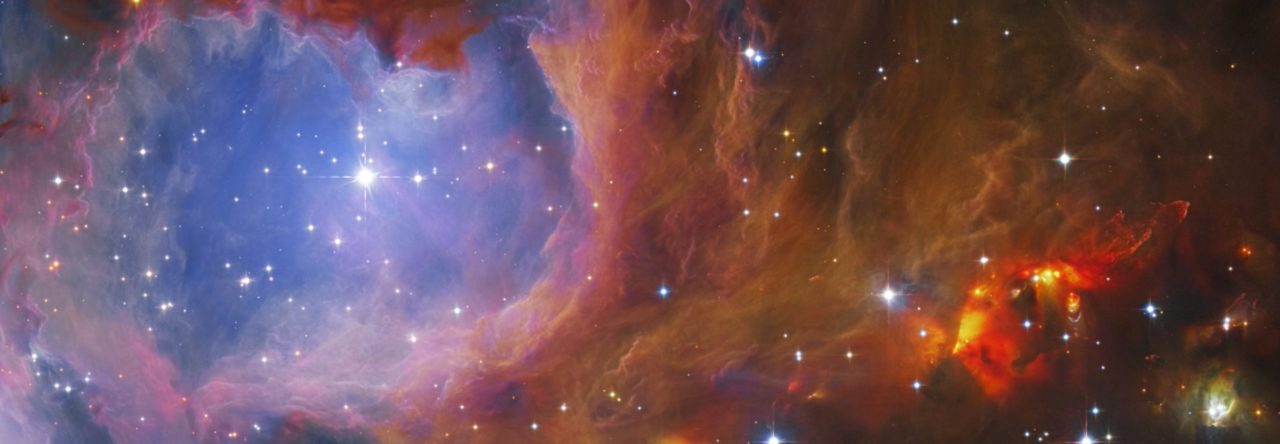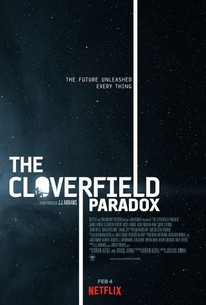Fair warning: considerable spoilers follow – read after watching.
There are two things that stick in my craw about this film, and both detract from how good it is.
Okay, so Annihilation is a pretty great science-fiction/horror movie; the latest film written and directed by Alex Garland – who was behind the incredible Ex Machina – and based on a book series by Jeff VanderMeer, the film stars Natalie Portman as Lena, a biologist who is recruited to a rescue mission into a mysterious (and otherworldly) area called The Shimmer, the same area where her recently-returned husband also went missing a year earlier.



